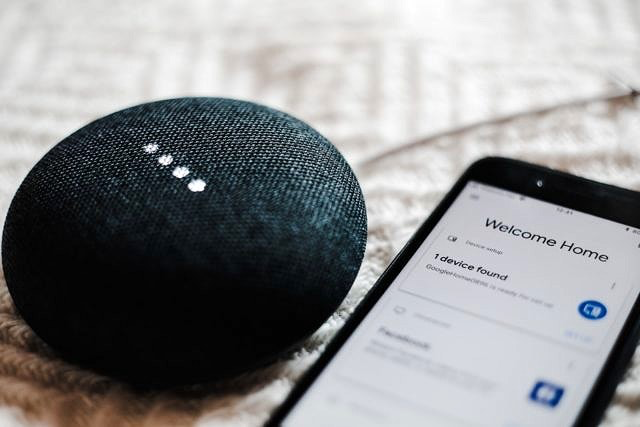How to Avoid the Biggest Cyber Security Risks of 2019

Estimated Reading Time: 4 Minutes
We depend upon technology more each passing year. Just a decade ago the idea of controlling your home using your smartphone was speculative at best, and pure Sci-Fi for most people. Fast forward to today, and most members of the public have a personal technology stack with multiple vulnerability points. This post intends to highlight some of these vulnerability points, and explain how they can be mitigated simply.
Smartphone Security
There is a smartphone app for everything it seems these days. From ordering food at your local fast food outlet, to making payments without taking your credit/debit card out of your pocket. We control our homes, our finances and our lives using our phones. Apart from exercising common sense in the way you use your smartphone, there are some proactive steps you can take to protect yourself, and these include:
- Set a passcode for your phone, that must be entered every time you wake it up.
- If your phone has the capability to use fingerprint or facial recognition to unlock it, use it.
- Always ensure that the operating system itself, and also all of the apps you use, are updated at all times.
- Install some antivirus and antimalware software.
- Regularly review which apps have what permissions on your phone, and remove any permissions that are not required for normal operation.

Internet of Things Enabled Devices
The Internet of Things (IoT) is already changing the way that we interact with the world. From turning the lights on and off, to cooking our dinner for us while we are at work. It is also revolutionising automated systems such as manufacturing lines, and completely re-inventing the way we handle real-time monitoring applications such as security systems. If a device can be intelligently connected to the Internet, it can be used to control, monitor and measure its environment.
This comes with a cost though. Every single new IoT device adds another potential point of failure when it comes to security. Aged devices running old software riddled with vulnerabilities, will exponentially create security problems in the future. If you are embracing the IoT, then make sure every device you use is 100% secure and has no inbuilt vulnerabilities.
Amazon Echo & Google Home
Taking the IoT problem outlined above one step further, we have to talk about intelligent, Internet-connected assistants. Sure, it is great to be able to ask Alexa what time our next meeting is, to play some new music, and to remind us to buy some cooking oil the following day, but what happens when an intruder has access to your assistant? Consider how simple it would be for somebody to gain access to your private information, just by asking your Amazon Echo or Google Home smart assistant? Always power these devise off when you are out if you can.
Ransomware, Malware and Viruses
This trinity of malicious software applications is worthy enough to make every list for the last decade or more. As antivirus software becomes smarter, the developers of these applications always seem to stay one step ahead. Your antimalware suite is your first line of defence, but it is often not enough.
Only common sense and the development of safe browsing/downloading habits can keep you 100% safe.
Put simply, if you never do anything that could expose you to malicious code, you can’t get infected.

PINless Payment Cards
Using a PINless, contactless debit or credit card is incredibly simple. However, what happens when your card comes close to a piece of hardware that is designed to read it and steal the details? You could be standing next to somebody who has such a device in their pocket and never know that your card details have been stolen in this way, until the money is gone from your account. The good news is, the way to mitigate this problem is very simple. Get yourself an RFID blocking wallet or purse, and keep your cards inside it.
In Conclusion
Although the technology that we need to be concerned about with regards to security is fast changing, for the most part, common sense is still a perfectly capable first line of defence. Unfortunately, as the number of devices we rely on grows, and the connectivity between these devices becomes ever more complex in its implementation, the number of potential vulnerabilities increases. Keep your own cybersecurity in mind at all times, and try and do nothing that could expose you to risk.
If you want to learn more about Cyber Security, feel free to visit our Blog, or read about the Services we offer to protect Small and Medium Businesses. We also invite you to Talk to Us if you have any specific concerns or would like expert advice on this subject.